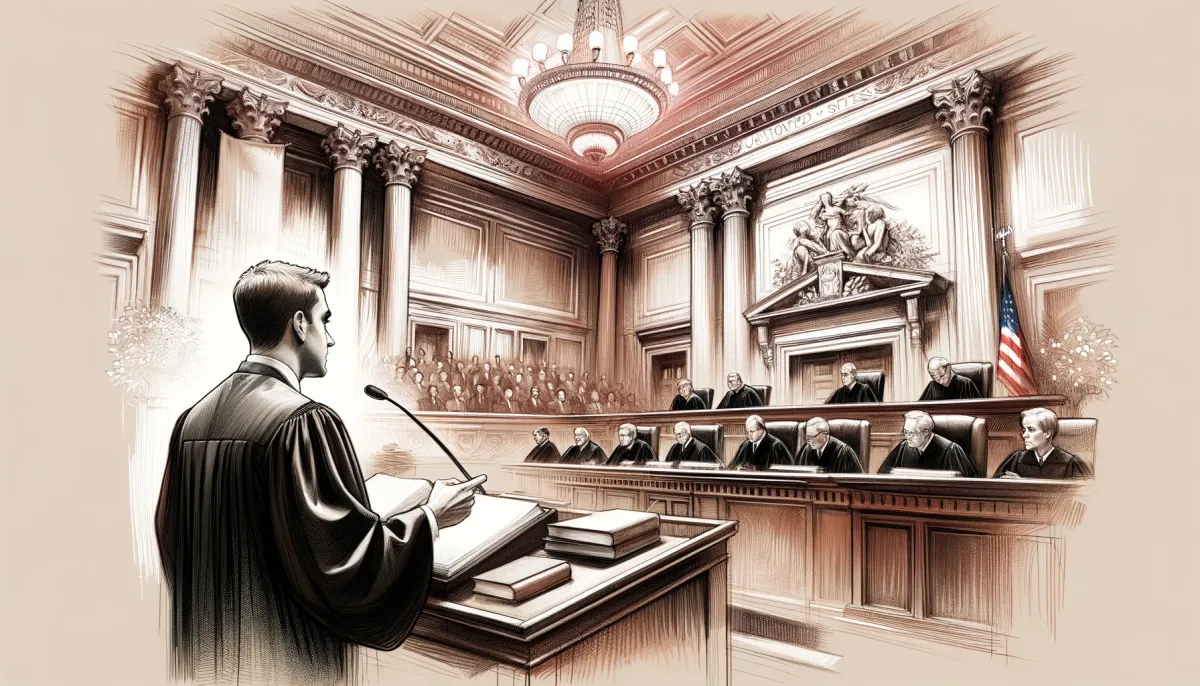Case Digest on Dubin v. United States

This case addressed the scope of "aggravated identity theft" under §1028A(a)(1), focusing on the use of another person's means of identification in relation to healthcare fraud. The Supreme Court vacated the lower court's decision, clarifying that the use of identification must be central to the fraudulent activity to constitute aggravated identity theft.
Introduction:
Dubin v. United States delves into the interpretation of aggravated identity theft, particularly in cases involving healthcare fraud. The Supreme Court's decision provides clarity on the application of §1028A(a)(1).
Facts of the Case:
David Dubin was convicted for overbilling Medicaid through a psychological services company he managed with his father. The case centered on whether this constituted "aggravated identity theft" due to the use of patients' Medicaid numbers.
Issue of the Case:
The core legal issue was whether Dubin's actions met the criteria for "aggravated identity theft" under §1028A(a)(1), particularly focusing on the use of patients' Medicaid identification numbers in the commission of healthcare fraud.
Ruling of the Case:
The Supreme Court vacated the lower court's decision, emphasizing that for a conviction of aggravated identity theft, the misuse of identification must be fundamental to the criminal conduct, not merely incidental.
Impact on the Legal System:
This ruling narrows the interpretation of "aggravated identity theft," especially in healthcare fraud, requiring that the identity theft be central to the fraudulent activity, not just a peripheral element of it.
Conclusion:
Dubin v. United States underscores the necessity for a direct link between the misuse of identification and the underlying criminal activity for a charge of aggravated identity theft, refining the legal boundaries of this offense.

